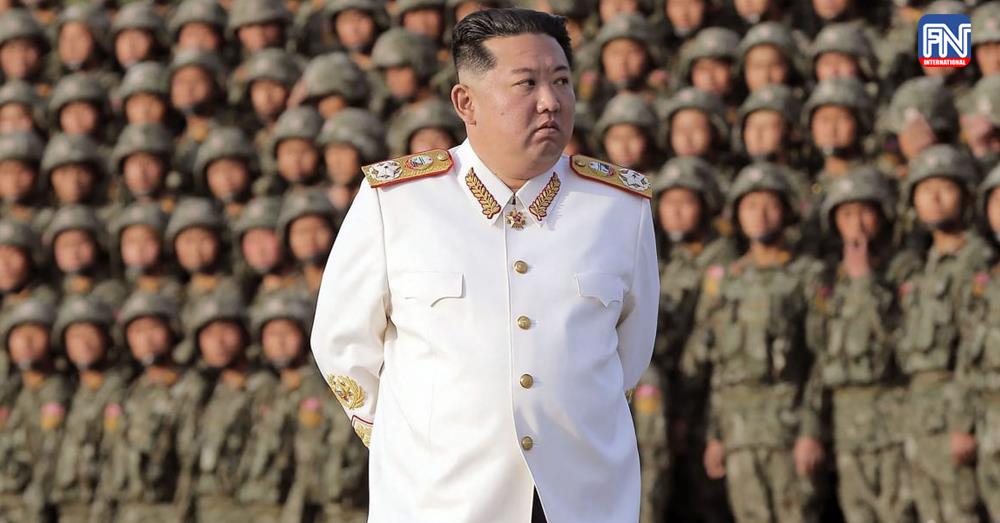SEOUL, Nov 8 (AFP) - North Korea said on Tuesday (Nov 8) that claims by the United States that Pyongyang is supplying artillery ammunition to Moscow for its war in Ukraine were groundless, state media KCNA reported.
The rebuke comes amid heightened tensions on the Korean peninsula after a spate of North Korean weapons tests last week - including an intercontinental ballistic missile - as the United States and South Korea conducted their biggest-ever air force exercise.
The United States and South Korea have warned that the North's repeated recent missile launches could culminate in a nuclear test.
Tuesday's statement refuted allegations last week by White House national security spokesman John Kirby, who said the artillery from North Korea to Russia was coming under cover of shipments to the Middle East or Africa.
"Recently, the US is persistently spreading a groundless 'rumor of arms dealings' between the DPRK and Russia," North Korea's vice director of military foreign affairs of the Ministry of National Defence said in a statement, according to KCNA
The statement said North Korea sees the "rumour" as part of the United States' "hostile attempt to tarnish the image of the DPRK in the international arena", using an acronym for North Korea's official name.
"We once again make clear that we have never had 'arms dealings' with Russia and that we have no plan to do so in the future," the statement added.
Kirby had said US officials did not know whether Russia has actually received the ammunition, but were trying to monitor the shipments.
US information indicates that North Korea "is covertly supplying Russia's war in Ukraine with a significant number of artillery shells, while obfuscating the real destination of the arms shipments by trying to make it appear as though they are being sent to countries in the Middle East or North Africa," Kirby told reporters on Wednesday.
He said the United States believes the "significant" number of shells sent are enough to help Russia prolong the war - which started with Moscow's invasion of its former Soviet neighbour in February - but not enough to give it an advantage over Ukrainian forces, which are being supplied by the United States and NATO allies.
